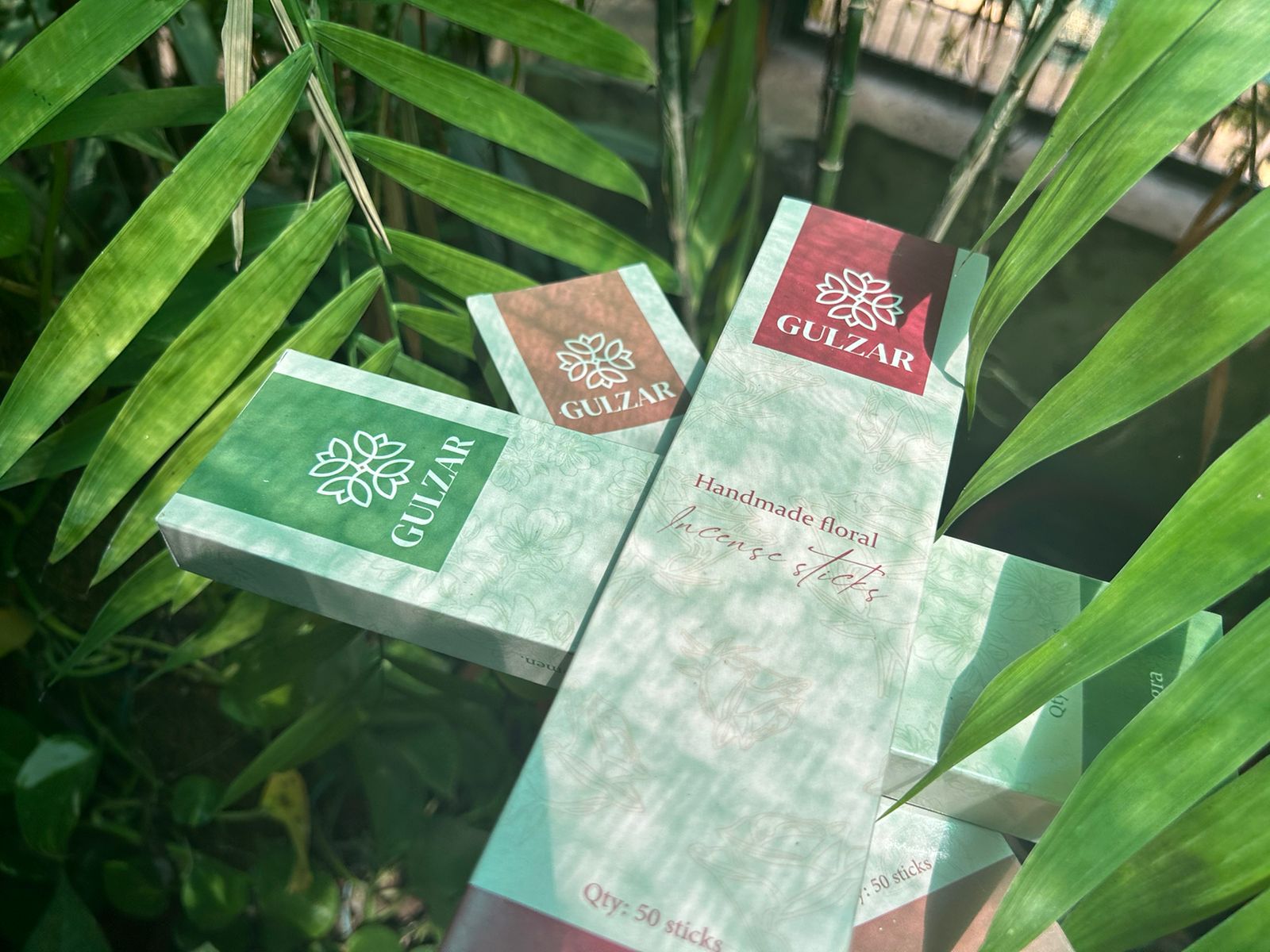Do you remember the last time you offered flowers at the temple or used them for decoration? Have you ever pondered about what happened to them after you had used them? Were they reused or were they disposed of recklessly? Floral waste is one of the most unnoticed and overlooked waste that is straining the environment. India being a culturally rich country values and inculcates flowers as a symbol of auspiciousness and piousness in almost every tradition and occasion, thus generating a lot of floral waste. Every year approximately 8 million tons of floral waste is dumped into water bodies posing a huge threat to marine life. But floral waste is not the only waste that is being neglected. Another seemingly unnoticed waste that is generated in exceedingly large amounts is paper waste. India alone generates 4 million tones of paper waste every year, which gets dumped into landfills and burned eventually. Burning of paper has a huge environmental impact, as paper is not just wood but also a result of bleach and various other chemicals which get released upon burning, making the air extremely toxic. Having identified these issues, Enactus SVC launched Project Gulzar in 2021, which not only helps to reduce waste but also empowers underprivileged women by providing them with easy employment opportunities, ensuring a reliable source of income with no health risks because all business operations take place in their neighborhoods. But how is all of this done? Under Project Gulzar, we provide 2 product ranges. The Plantable Range: Tons of paper waste generated every year in India contributes immensely to the overflowing landfills. With this parallel we focus on recycling waste paper into seed paper products while sourcing it from scrap dealers. Our plantable range of products consists of bookmarks, greeting cards and envelopes. These are made using handmade seed-paper and organic, chemical-free flower dyes. Shortly after they are planted in soil and watered, they grow into plants. The Non-Plantable Range: Flowers add to floral waste that ultimately gets dumped into rivers and other water bodies, choking and polluting them which affects marine life and influences the global climate by increasing carbon footprint. Our most recent launch in the non-plantable range is Gulzar Agarbattis, that are hand rolled by underprivileged women using recycled flower waste and natural essential oils to soothe the mind and soul. With an aim to promote sustainability and reduce waste, these incense sticks are manufactured by a group of women beneficiaries, thus uplifting the community and providing them a source of income. Infused with three rejuvenating fragrances and a longer burning time, its freshness of floral aura is the best therapeutic relaxation one could ask for: Mogra: Known for their ability to promote relaxation,reduce stress and uplift mood, experience the aphrodisiac effects of mogra flowers with our “Mogra Agarbatti”. Its pure scent helps calm the mind, reduce anxiety and promote better sleep. Chandan: Symbolising sacredness with its earthy fragrance, our organic “Chandan Agarbatti” transports you to a state of peace and tranquillity. Known for centuries in Ayurvedic for its healing and medicinal properties, it enhances concentration, improves focus and boosts productivity. Rose: Often used in aromatherapy to promote emotional balance and mental clarity, our sweet scented “Rose Agarbatti” is just perfect for meditation or study sessions. With its antibacterial properties that purify the air and improves respiratory health, its alluring fragrance enhances emotional well being, hence elevating your daily routine! We at Project Gulzar are continually trying to improve the quality of our products and provide the best and eco-friendly items to our consumers, while also ensuring that the products meet the criteria of the target market. We are excited to expand our non-plantable line by offering new perfumes, designs, and patterns. The primary short-term goal of Project Gulzar remains to expand the plantable range of products by establishing good and consistent distribution channels, collaborating with local bookstores and companies, and setting up stalls at book fairs and college fests to attract college students as potential buyers. All of this would enable us to develop our business and provide an extra source of income for poor women (beneficiaries) who lost their employment as a result of the epidemic, assuring them financial independence and social upliftment. As a long-term goal, Project Gulzar aims to replace manual methods of production with advanced technology. The project will be scaled up by introducing printing processes for seed paper goods. Furthermore, we plan to broaden the product range by adding seed paper visiting cards, calendars and notebooks. Our list of sustainable packaging ideas also includes introducing seed paper to businesses and organisations as a zero-waste alternative to standard paper packaging. . Gulzar managed to increase the income of the women beneficiaries by 12.5% during its first four months of operation in the year 2021 by its sales which is a reflection of sustainable and environmentally conscious choices of consumers in the market. We have prevented 12.906 kg of CO2 emission into the environment while addressing four of the UN SDGs namely: SDG 1- No poverty SDG 8- Decent work and economic growth SDG 10- Reduced inequalities SDG 12- Responsible consumption and production By solving issues of poverty and worsening environmental conditions, we aim for a better India.

